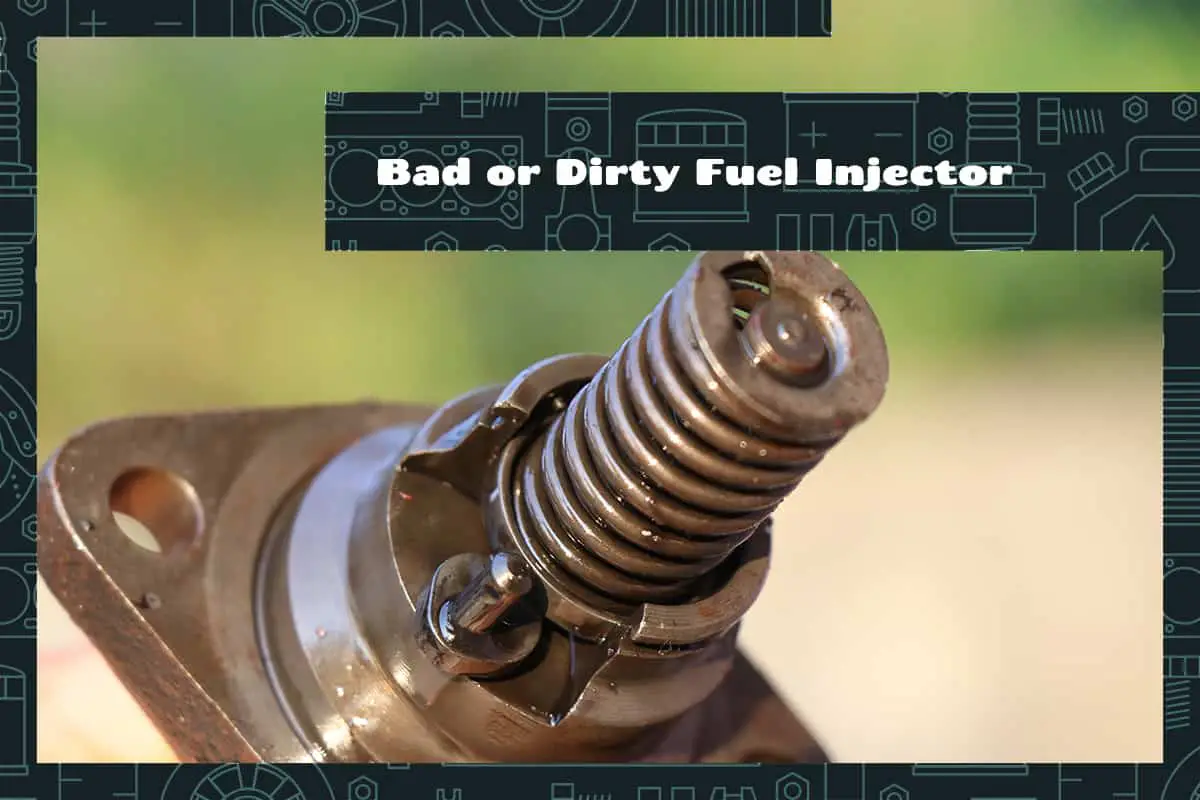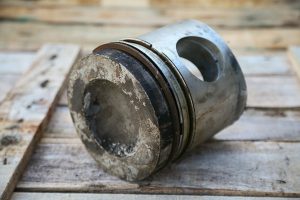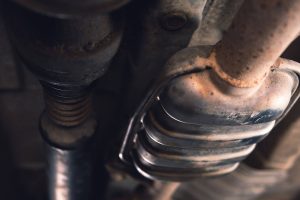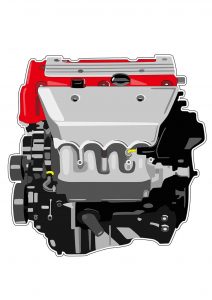Fuel injectors ensure that fuel reaches your engine in the correct amounts and at the right time. When they are clean and functioning properly, they promote optimal vehicle performance and fuel efficiency. However, they can become dirty or clogged over time due to poor quality fuel and lack of proper maintenance, causing a slew of issues that can significantly affect your vehicle’s operation.
Fuel injectors are responsible for spraying fuel into the engine in a fine mist, allowing it to mix with air and combust effectively. Symptoms of dirty or malfunctioning fuel injectors include:
- Reduced gas mileage
- Engine misfires
- Engine does not reach full RPM
- Rough idling
- Engine surges
- Difficulty starting the engine
In this article, we will delve deeper into the causes and effects of dirty fuel injectors, how to identify and prevent related issues, and solutions for cleaning or replacing bad fuel injectors.
Basics of Fuel Injectors
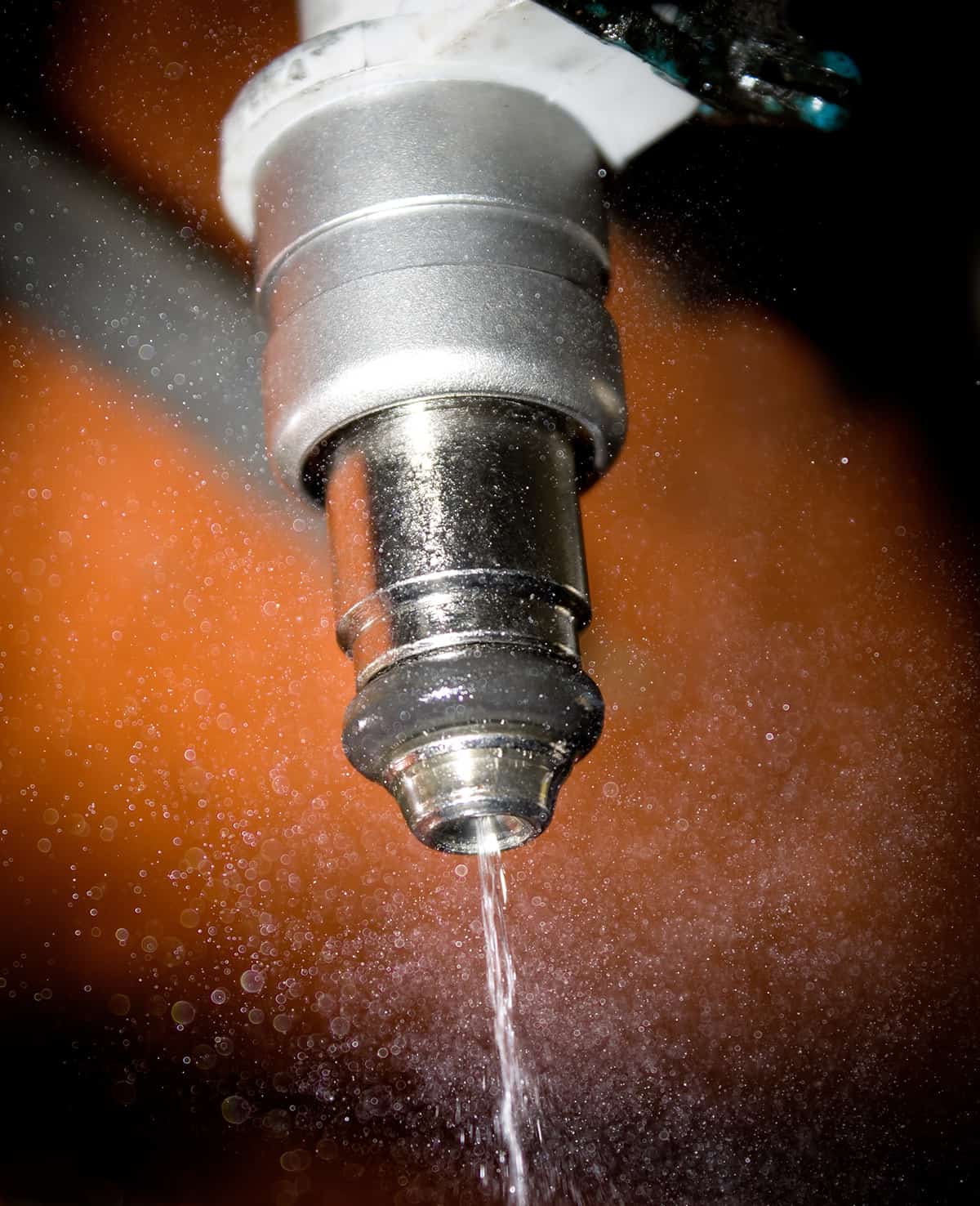
Fuel injectors, often overlooked in regular vehicle maintenance, are key to optimal vehicle performance and fuel efficiency. When in good working condition, they ensure the smooth running of your engine and contribute to overall vehicle health.
Fuel injectors are small electrical devices that inject fuel into the engine’s cylinders. This process starts with the fuel pump drawing fuel from the tank and sending it to the injectors. Once the fuel reaches the injectors, they spray it into the engine in a fine mist. This mist is then ignited by the spark plugs, providing the power that drives your vehicle.
In essence, fuel injectors are the gatekeepers of your engine, controlling the amount of fuel that enters and ensuring it’s delivered at the correct time for optimal combustion.
Effects of Dirty or Bad Fuel Injectors
Dirty fuel injectors can turn what should be a smooth drive into an exercise in frustration. While these small devices might seem insignificant in the grand scheme of a vehicle’s engine, their role in fuel delivery is crucial. When these injectors are dirty or clogged, they can’t perform efficiently, leading to a host of issues that affect your vehicle’s performance.
1. Impact on Engine Performance
As fuel injectors become clogged, they can’t deliver the correct amount of fuel into the engine. This imbalance in the air/fuel mixture can result in a lean mix that can cause the engine to misfire or run unevenly, leading to rough idling or stalling.
This can be especially noticeable during acceleration, where the demand for fuel is higher. If these symptoms are left unaddressed, they can escalate into significant engine damage, causing costly repairs.
Furthermore, dirty fuel injectors can also cause an engine to run rich, meaning too much fuel is delivered. This not only wastes fuel but can also lead to deposits on the spark plugs, reducing their lifespan and effectiveness, resulting in difficult starts and poor engine performance.
2. Heightened Emission Levels
A well-functioning fuel injector delivers fuel in a fine mist, which allows for efficient combustion and minimal emissions. However, when an injector is clogged, the fuel’s spray pattern is disrupted, leading to incomplete combustion.
This, in turn, leads to an increase in harmful emissions, like carbon monoxide, hydrocarbons, and nitrogen oxides, contributing to air pollution and potentially causing your vehicle to fail emission tests.
3. Vehicle Longevity
Clean, well-maintained fuel injectors ensure optimal engine performance and extend the lifespan of other engine components by ensuring the correct air/fuel mixture. In contrast, dirty or malfunctioning fuel injectors can lead to premature wear and tear on engine parts, reduce engine efficiency, and if left untreated, can lead to engine failure.
Symptoms of a Dirty Fuel Injector
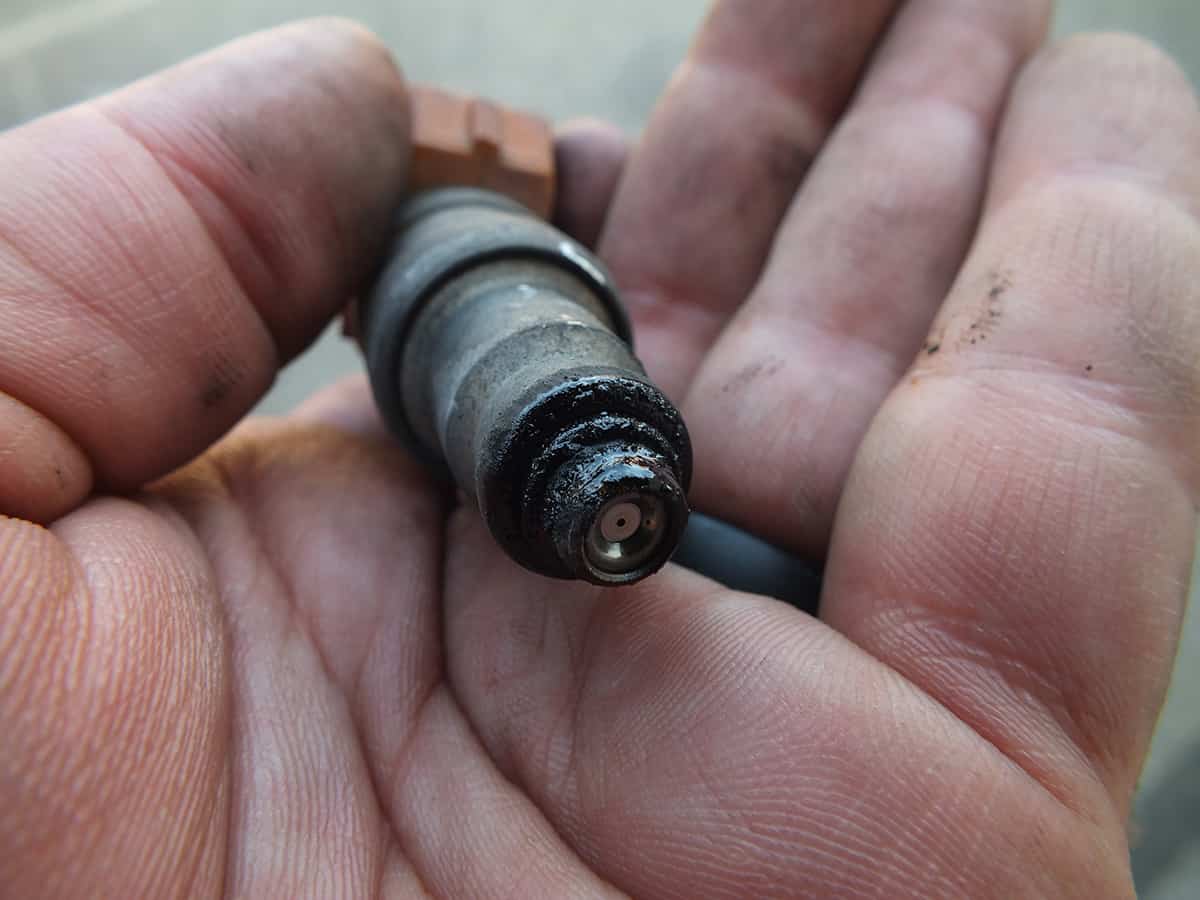
The symptoms of a bad or dirty fuel injector are often visible during vehicle operation. Among the most common symptoms include:
- Decreased Fuel Efficiency: One of the earliest signs of a dirty fuel injector is decreased fuel efficiency. If you’re noticing that your vehicle is consuming more fuel than usual, a clogged fuel injector disrupting the optimal air-fuel mixture could be the cause.
- Engine Misfires: Dirty or clogged fuel injectors can cause an insufficient supply of fuel to the engine, leading to engine misfires. If your vehicle feels uneven or jerky, especially during acceleration, this could be a sign of an engine misfire caused by a dirty fuel injector.
- Engine Does Not Reach Full RPM: RPM (Revolutions Per Minute) is a measure of how many times your engine’s crankshaft turns over per minute. If an engine doesn’t reach its full RPM, it’s not performing at its maximum potential. For drivers, this often manifests as a lack of responsiveness or power when trying to accelerate or maintain higher speeds.
- Rough Idling: When your vehicle is running unevenly while stationary, this is referred to as rough idling. A clogged fuel injector may disrupt the steady supply of fuel to your engine, leading to fluctuations in engine speed and rough idling.
- Engine Surges: An engine surge is when your vehicle’s engine unexpectedly fluctuates in speed, often creating a “revving” sound. The result can be an unexpected increase in acceleration (or surge) that feels as if the vehicle is jumping forward without any input from the driver.
- Difficulty Starting the Engine: Difficulty in starting the engine can also indicate a dirty fuel injector. If the injectors are clogged, the engine may struggle to receive the necessary amount of fuel to start effectively.
In addition to performance-related symptoms, there can also be physical signs indicating the presence of dirty fuel injectors.
- Smell of Fuel: If you’re noticing a strong smell of gasoline, especially inside the car, it might indicate a fuel injector leak. Leaking fuel injectors not only waste fuel but can also pose a safety risk.
- Engine Overheating: If a fuel injector is clogged and delivering less fuel, the engine may run lean, leading to overheating. If your vehicle is running hot more often, it might be due to a dirty fuel injector.
- Failed Emissions Test: As previously discussed, dirty fuel injectors can increase your vehicle’s emission levels. If your vehicle fails an emissions test, a dirty fuel injector could be to blame.
How to Clean Fuel Injectors
Ensuring your fuel injectors are clean is an essential part of maintaining your vehicle’s overall health. Thankfully, cleaning your fuel injectors can be a straightforward process with the right tools and knowledge.
If you’re uncomfortable trying any of the following methods, a professional mechanic is your best bet.
Cleaning Fuel Injectors with a Fuel Additive
Fuel additives are among the simplest and most cost-effective ways to clean your fuel injectors. These additives are designed to remove deposits and other contaminants that may accumulate in the fuel system over time.
- Selecting a Fuel Additive: When choosing a fuel additive, look for one specifically designed to clean fuel injectors. These additives contain detergents specifically formulated to break up deposits that can clog fuel injectors.
- Using the Fuel Additive: Follow the instructions on the product’s packaging. Typically, you’ll need to pour the additive into your gas tank, followed by a certain amount of gasoline. The additive mixes with the fuel and cleans the injectors as the engine runs.
- Regular Maintenance with Fuel Additives: While fuel additives can be an effective method for cleaning fuel injectors, they’re more preventive than curative. Using fuel additives regularly can help keep your injectors clean and prevent major clogs from forming.
Manual Cleaning of Fuel Injectors
For a more thorough clean or for persistent clogs, manual cleaning may be necessary. This process is more complex and may require special tools and mechanical knowledge. If you’re uncomfortable performing these steps, it may be best to seek help from a professional mechanic.
- Removing the Fuel Injectors: Start by relieving the fuel system pressure, disconnecting the battery, and removing the fuel injectors from the engine. You may need to refer to your vehicle’s manual for specific instructions.
- Cleaning the Fuel Injectors: After removal, use a fuel injector cleaner kit to clean the injectors. This often involves attaching the injectors to the kit, filling the kit with a cleaning solution, and allowing the solution to run through the injectors, cleaning them of any dirt or deposits.
- Reinstalling the Fuel Injectors: After cleaning, reinstall the fuel injectors, reconnect the battery, and start the engine to check for leaks. Again, you might need to refer to your vehicle’s manual for specific steps.
When to Replace a Fuel Injector
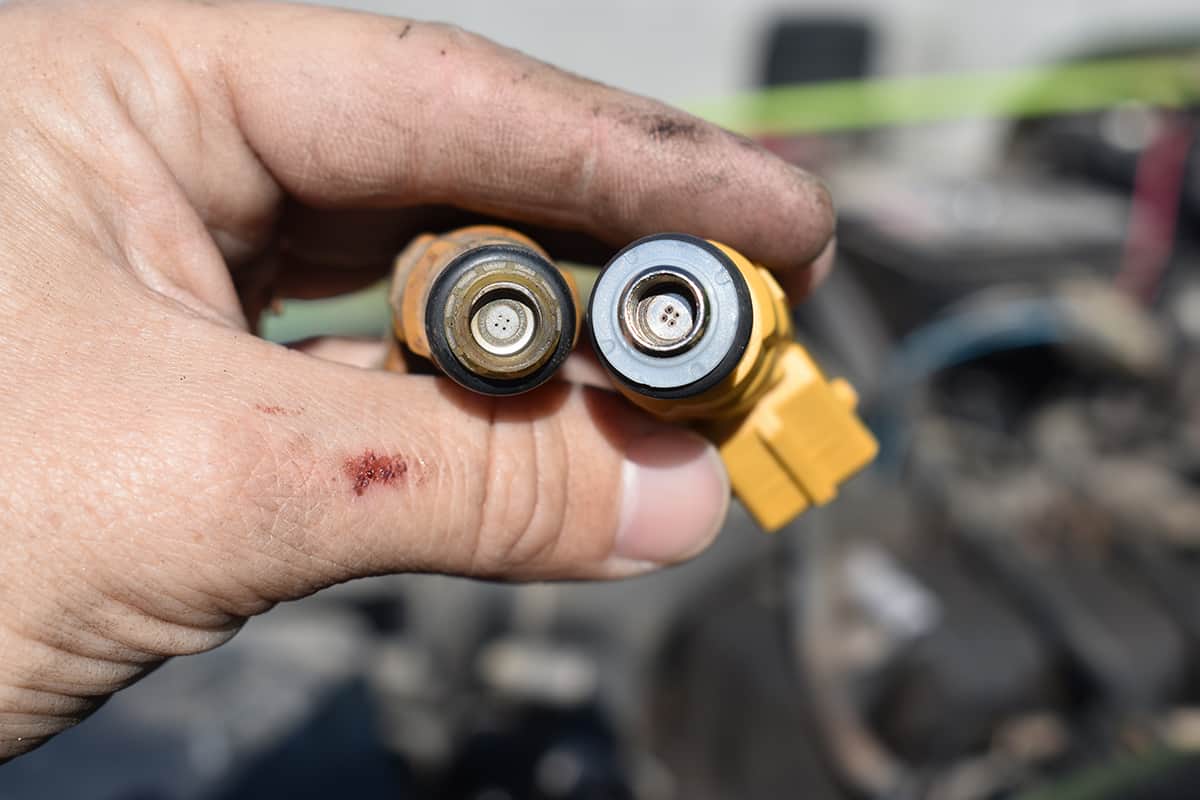
Sometimes, cleaning a fuel injector is not enough. If the fuel injector is damaged, excessively clogged, or simply too worn out, replacement may be necessary.
Signs that a Fuel Injector Needs Replacement
Certain symptoms may indicate that a fuel injector is beyond cleaning and needs replacement. Here are some signs to look out for:
- Persistent Misfires and Power Loss: If you’ve cleaned your fuel injectors but still notice persistent engine misfires or loss of power, it might be time to replace the fuel injectors.
- Check Engine Light Stays On: The check engine light can illuminate for a variety of reasons, but if it stays on even after cleaning the fuel injectors, a replacement may be necessary. It’s always a good idea to have a professional mechanic diagnose the exact cause of the check engine light.
- Fuel Leaks: Visible leaks from the fuel injector are a sure sign that it needs replacement. Leaks can not only lead to a decrease in engine performance, but they also pose a potential fire hazard.
- Failed Emissions Test: A faulty fuel injector can lead to higher emission levels. If your vehicle consistently fails emissions tests despite cleaning the fuel injectors, it might be time for a replacement.
